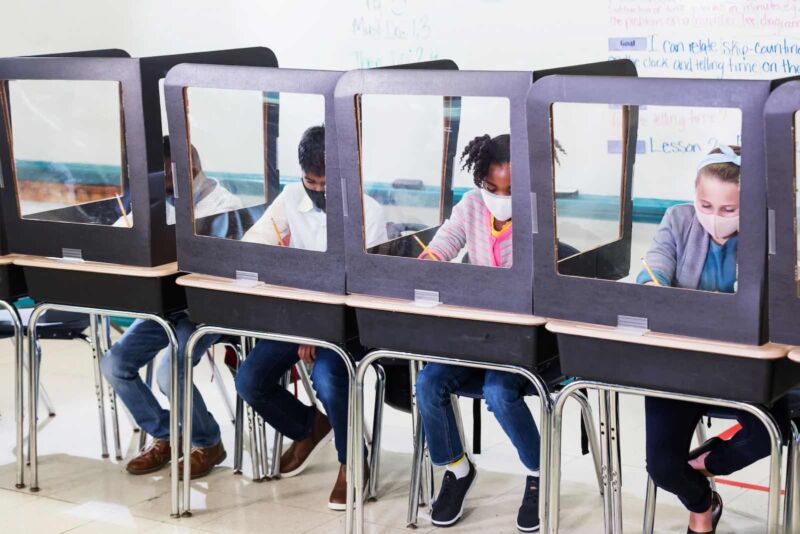
Enlarge (credit: Getty Images)
Last December, when Caleb Chung, a 12-year-old in Durham, North Carolina, first heard from his dad that he might be eligible for a local clinical trial of a COVID-19 vaccine, his reaction was a little muted. He was “interested,” he tells me over Zoom. Not excited, exactly, not jumping for joy at the thought of joining the rarefied ranks of the immune. Interested. He had heard about side effects, for one thing, while watching the news with his parents. But mostly he just wasn’t sure what to make of the idea.
So Caleb and his dad, a pediatrician who works with adolescents, started talking. They covered the science of creating vaccines and testing them and how trials had helped bring vaccines to vulnerable people in the past. Plus, Caleb missed seeing his friends indoors, and seventh-grade Zoom school was slow. Getting shots to more people would bring a quicker end to the tedium. So he signed up. In late December, he got his first shot of what was either the Pfizer-BioNTech vaccine or a placebo. Then, three weeks later, he received his second. Both times, he kept a daily log of how he was feeling, recording a slight fever and soreness in his arm on day two. He took it in stride. “I hope this means I got the vaccine,” he says.
At the moment, two COVID-19 vaccines have been greenlit for emergency use by the US Food and Drug Administration, but both are only available to people older than Caleb. The Moderna vaccine is authorized for people over 18, while Pfizer’s is allowed for people as young as 16 because people that age were included earlier in its trials. But that could be changing. Last week, Pfizer officials announced they had finished enrolling more than 2,200 people in an expanded vaccine trial that includes kids as young as 12, and Moderna is currently in the process of signing up teens. That likely sets the stage for the companies to include teens in their requests for FDA approval, expected later this spring.
No comments:
Post a Comment